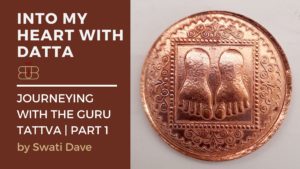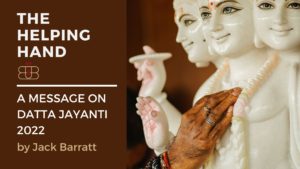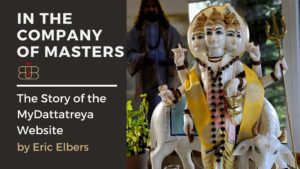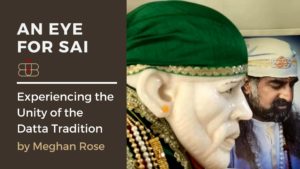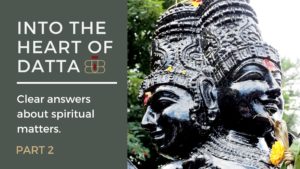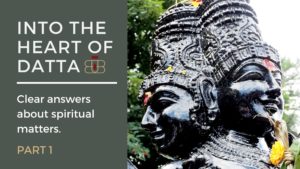Tajuddin Baba
Overview and Significance
Hazrat Baba Tajuddin Aulia of Nagpur (1861-1925) was one of those mystics equally loved and followed by both Muslims and Hindus. Muslims consider him a great fakir, while Hindus look at him as an Avadhuta.
If we read his life stories, it makes us realise that he has displayed amazing miracles to help out his followers, instill faith in them and eventually guide them to higher spiritual evolution, regardless of their faith.
Life History
Tajuddin was born to Syed Badruddin on Thursday, January 27, 1861, at about 5:15 a.m at Kamptee, and was named Tajuddin. All were astounded that the newly born child did not cry, unlike other newborns. They were afraid that the child might be stillborn. According to prevalent customs, considering him to be stillborn, they branded the child on the forehead and temples. A little later, the child did start to cry, but only very little, then stopped and kept staring in all directions. Those marks of branding stayed with him for the rest of his life.
When Tajuddin was one year old, his father passed away; he was only nine years old when his mother passed away. When he was six years old, a famous Muslim (Sufi) Saint named Hazrat Abdulla Shah (whose tomb is now adjoining the railway station at Kamptee) came to see him near his school. Abdulla Shah gazed at Tajuddin for a while, took out a piece of sweetmeat from his bag, chewed a little of it, and thrust the rest into the mouth of Tajuddin. Abdulla Shah then told one of the teachers standing by: ‘What can you teach him? He was already a learned man in his previous life.’
He told Tajuddin: ‘Eat little, Sleep little, and Talk little, and while reading Quran, read it as if Prophet Mohammad has descended upon you.’ Continuously for three days, tears flowed from Tajuddin’s eyes, and he lost all interest in play and childish pranks. He sought solitude and was always found reading the works of great Sufi Saints and reflecting upon their profound significance.
When he attained the age of 20 (approx. in 1881 A.D.), Tajuddin joined the 13th Nagpur Regiment, during which he had to travel extensively. On its return, the regiment camped at the Grass Farm in Hyderabad (Deccan).
Meeting with Hazrat Dawood Chishti was one of the turning points in his life, after which his meditations became intense, and he resigned from his job.
His grandmother thought he had become a lunatic and started taking him to doctors and magicians for remedies. Later, Tajuddin Baba attained higher spiritual ecstasy. People considered him a mad man, and a few children even started throwing stones at him. But he always smiled at them with compassion. Tajuddin Baba lived in that spiritual ecstasy for the next few years. His uncle tried to take him to the doctor, but all remedies failed.
Baba roamed and lived under bridges or in ruins, oblivious of heat and cold. Later he went completely naked, neither bothered by hunger or thirst. If at all someone gave him something to eat, he offered it to street dogs. There was a stage in his life when everyone abandoned him. That was the time from which miracles started to be performed through him.
When people gathered to him for miracles, he got fed up with them and got himself into an asylum by standing himself naked in front of European ladies. They complained to the police, and the police took him and admitted him to an asylum. But very soon, they realised that he was not a man who could be imprisoned or put in an asylum, as they could see him roaming freely on the road simultaneously while being inside the asylum.
An unusual incident took place at the time of his earthly departure. Many birds gathered at the Maharaja’s palace in the evening of 17th August 1925, but they were unusually quiet. Then Baba raised his hands and prayed for the well-being of all creatures, blessed them, lay peacefully on the couch, and his spirit merged with the infinite.
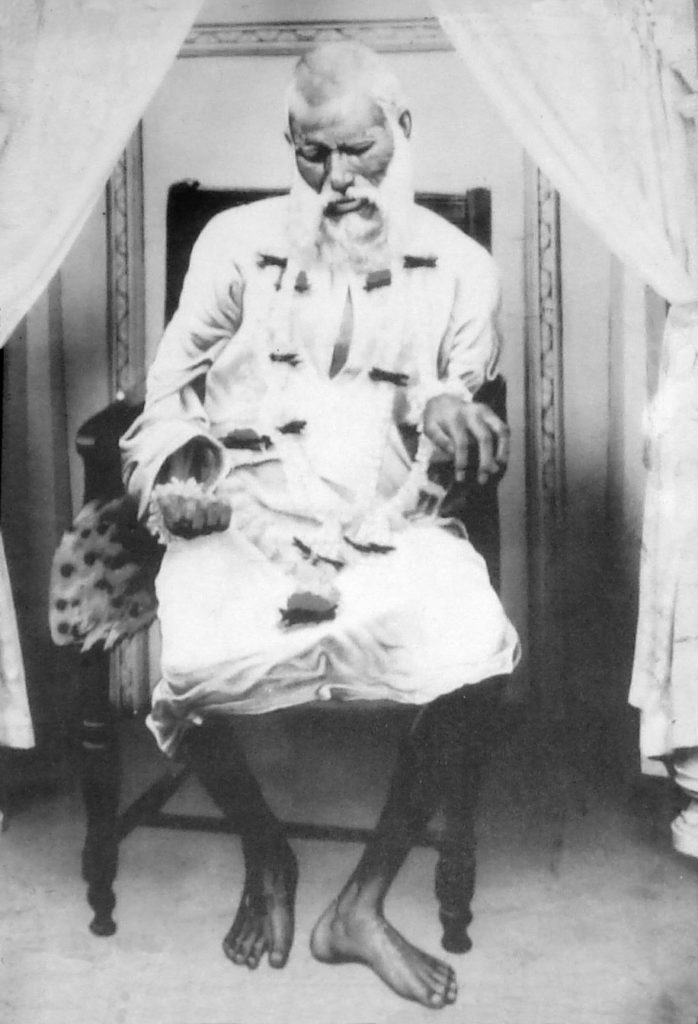
Teachings
- ‘Do your duties eating your food. Virakti is not withdrawing from duty. Keep away those things that keep your thoughts away from the Lord. That is Virakti.’
- Abut the great saint Mansur: One day, somebody asked: ‘Huzur, what is the truth about Sufi saint Mansur who was crucified for declaring Anal Huq (I am God)? Is he recognised as a great saint?’ Baba Tajuddin replied: ‘Yes, son, he is a great saint; but he was a child who opened his fist too soon. This fist of Tajuddin (he showed his fist as he said ‘this’) will not be opened until the day of judgment.’
- The true path for a fakir (saint) is to completely renunciate all desires. If one surrenders himself at the feet of the Almighty God and surrenders to His will, the rest will be assured.
- Neither do I get overjoyed in happiness, nor do I brood over unhappiness.
- The way to God-realisation is to realise yourself as the Self.
- He verily is a man who has conquered his desires and anger.
- Tajuddin Baba also blessed Hindus by visiting their homes. They worshipped him in a traditional Hindu manner and even applied sandal paste and garlanded him. Baba never objected to Hindus worshipping him in their fashion.
Miracles
BLESSING WOMEN TO HAVE SONS
Once Baba was lying down on the sands of the river Kanhan when two ladies by the name of Shantabai and Subhadrabai from Amaravati, approached him. While touching the feet of Baba they mentally prayed to him for children, as they were childless. The omniscient (Pragyan Ritambhara) Baba heard their inner prayers and gave a ladoo (a type of sweetmeat) to each after testing them. He blessed them to have sons. While they were returning, Shantabai ate the ladoo as a blessed prasad, but Subhadrabai did not because Baba had tasted the ladoo and was Muslim by birth. She quietly got the ladoo buried in the sand.
As the Divine Will would have it, Shantabai got a son nine months later. When the child was about a two-month-old, she came to Baba with the child for his blessings. Subhadra, who had not conceived even by that time, accompanied her. When Shantabai put her child at the feet of Baba, Subhadra could not control herself. She fell at the feet of Baba and cried—‘Baba where is my child?’ Baba told her to search the child from beneath the sand (indicating that he knew where the ladoo was). Subhadra immediately realised her mistake and repented profusely before Baba. The Perfect Masters are incarnations of kindness. Her repentance and plight moved Baba. He blessed her to have a son, which she got after a year.
Courtesy of Shreeswami.org
FORESEEING A CALAMITY
One day, Tajuddin Baba hurried to a goldsmith house in Kamptee and informed him to vacate the building as early as possible. The goldsmith already heard about the Baba and had a reverence for him, so he immediately implemented his order. The next night the building collapsed. The entire family became his devotees.
MANIFESTING FOOD
One day Tajuddin Baba walked to a home of a good man and requested food. The man replied that there was no food at this hour. Baba replied: ‘Why do you utter lies? You have kept the food in the box.’ The man was already aware of Baba’s extraordinary powers, went and searched the box, and to his surprise, found food in the box, which he was unaware of.
BEING IN TWO PLACES AT THE SAME TIME
At the time when he was admitted to the asylum, Dr. Abdul Mjid was the Chief Doctor. One day, Dr. Abdul Mjid saw Baba roaming freely in the verandah. He was shocked as he remembered himself locking all the cells personally. When he went back to the cell where Baba was locked, he saw, to his surprise, Baba in the cell. Later, when one of the lunatics escaped the prison, Baba came to Dr. Abdul Mjid and consoled him, ‘Don’t worry, he will return soon.’ The next day, the lunatic appeared near the gate of the asylum.
HEALINGS
- One day, a Seth from Bombay came to Tajuddin Baba to seek blessings for his critically ill father at Bombay. Baba said to him, ‘Your father is well. You can go back.’ To his surprise, he tried to contact his family members and received a telegraphic message that his father had recovered miraculously.
- One gentleman came to Tajuddin Baba and prayed to heal his daughter, who was critically ill. Baba said to him, ‘Your daughter is fine now. You can go back.’ The man was surprised to see his daughter sitting and eating when he returned home.
NOT VISIBLE IN A PHOTOGRAPH
Once, a few students from Aligarh Muslim University came to pay homage to Tajuddin Baba. They took a photograph with him. They were all shocked to find that they did not see Tajuddin Baba in the picture, even though everybody else was present.
RAISING A COURTESAN FROM DEATH
Girija Bai, a courtesan, suffered from a severe illness that couldn’t be treated by any means. She resorted to Tajuddin Baba. One day a few men found her dead in her tent and wanted to inform the Master. But even before they could tell him, Baba sent her a tea. Baba’s men, having faith in his words, even though they had noticed her dead body and people crying around her, went to her, called her, and said that Baba had sent her tea. To the surprise of everyone, she sat up and enquired where Baba was. Baba himself came near her and asked her to sing a song for him, which she did. Girija Bai later lived for many more years before dying a natural death.
IDOLS WEEPING
It was mentioned even in the newspapers like Madras Mail and Andhra Patrika (on 22nd August 1925) that the idols of Lord Krishna and Rukmini shed tears continuously for 12 hours when Baba left his body. Many devotees present noticed this unique phenomenon.
Holy Sites and Pilgrimages
Tajuddin Baba Dargah at Nagpur
Bibliography
The Life and Teachings of Hazarath Tajuddin Baba by Pujya Sri Ekkirala Bharadwaja

